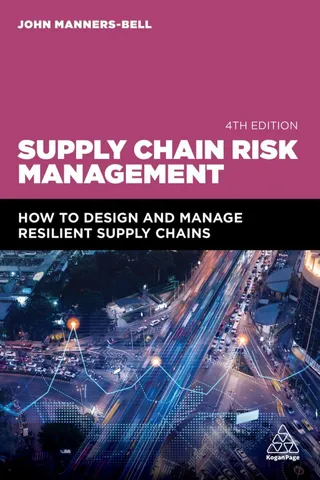FREE UK and US shipping | Get the ebook free with your print copy when you select the "bundle" option | T&Cs apply
Risk Management Books
Risk management is the process of identifying, assessing and mitigating potential threats to an organization’s operations, finances or reputation. Books on risk management provide practical frameworks and strategies to help professionals anticipate challenges and make informed decisions. Explore our range of risk management books, offering an overview of essential principles and strategies for managing risks in businesses and organizations. These risk management resources will help you navigate the complexities of risk across various operational contexts.
Search products
Business Risk Management Books Covering a Range of Topics
Our risk management books explore a variety of topics, from supply chain risk to business continuity management. With insights from experts such as Brian Wagner, Elena Pykhova, Clive Thompson, Kate Boothroyd and Maha El Dimachki, each title offers analysis and strategies for identifying, evaluating and mitigating potential risks. Whether you’re concerned with financial uncertainties, technological disruptions or regulatory challenges, our resources are designed to address the diverse risks that modern organizations face.
Books About Risk Management for Businesses or Readers of Any Level
Improve your skills with strategies that can be applied across various industries, helping you to navigate and manage risks effectively in any professional setting - these titles provide practical knowledge and tools necessary for successful risk assessment and management.
Risk Management FAQs
Risk management is the strategic process of spotting potential threats before they occur and implementing measures to reduce their impact. It combines analysis, planning and control to protect an organization’s assets, reputation and long-term goals.
Risk management protects organizations from financial losses, operational disruptions and reputational damage. It enables proactive planning, ensures compliance and supports informed decision-making, helping businesses maintain stability and achieve long-term objectives despite uncertainties.
Business leaders, managers, risk professionals and students benefit from risk management books. They provide strategies, frameworks and real-world examples to understand risk identification, assessment and mitigation, equipping readers to make more informed and confident decisions.
Topics include risk assessment, mitigation strategies, crisis management, compliance, operational and financial risk and strategic planning. Books often provide case studies and best practices to help readers apply risk management techniques effectively across industries.





